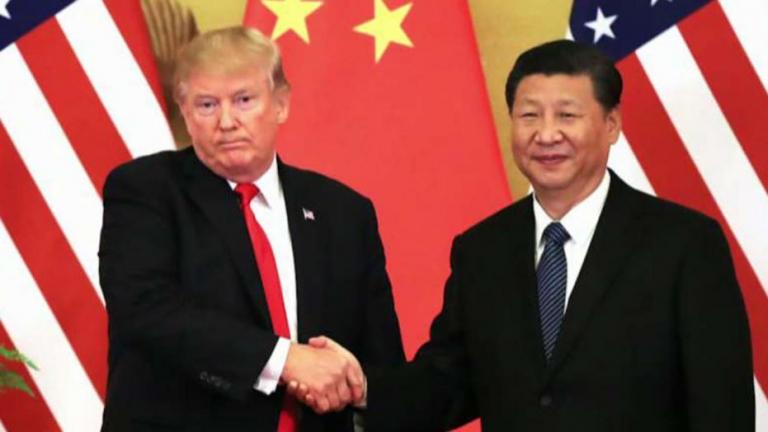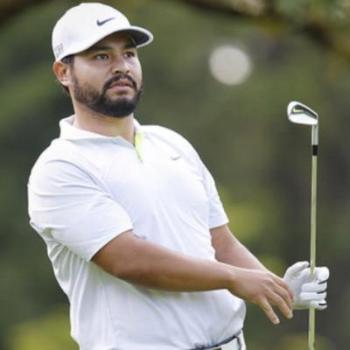 Since the 1980s, real estate tycoon Donald Trump of New York City had trumpeted that the U.S. should reduce its trade deficit with China by starting a trade war with China. And when Trump campaigned for the U.S. presidency, in 2015-16, he said if he became president he would do that, alleging China had “ripped off” the U.S. for years.
Since the 1980s, real estate tycoon Donald Trump of New York City had trumpeted that the U.S. should reduce its trade deficit with China by starting a trade war with China. And when Trump campaigned for the U.S. presidency, in 2015-16, he said if he became president he would do that, alleging China had “ripped off” the U.S. for years.
Trade disputes between nations are supposed to be brought before the World Trade Organization (WTO) for arbitration. But Trump has constantly criticized the WTO as “unfair” and even worked at crippling the organization. In 2018, during Trump’s second year as president, he rejected lodging his complaints about U.S. trade with China to the WTO and began his trade war with China.
On August 1, 2019, President Donald Trump increased his trade war by announcing that he would impose a 10% tariff on $300 billion of Chinese imports to the U.S. on September 1. Most trade experts and economists had been against Trump doing that, many of them saying “no one wins trade wars.” Wall Streeter Gary Cohn–who was President’s Trump main economic advisor until Trump fired him–has always been saying that. But Trump had said “trade wars are easy to win,” as if he had experience in launching them even though he had never held any governmental office.
U.S. financial and economic experts claim that China’s economy has been suffering drastically from Trump’s trade war. Though these authorities agree that the U.S. trade deficit with China has been a problem, few advocated a trade war. And even though President Trump went to China, met with President Jinping Xi, and says he has a very good relationship with Xi, it makes perfect sense that China would be reluctant to work with the U.S. about anything after Trump imposed his debilitating trade war on China.
On December 31, 2019, the U.S., via its Center of Disease Control and Prevention (CDC), first learned of the coronavirus epidemic that was beginning in Wuhan, China. The CDC immediately began preparing a report about it to its parent organization, Health and Human Services (HHS). Then, four days later, on January 3, 2020, CDC Director Robert Redfield received an alarming phone call from his China counterpart–director of China’s Center of Disease Control and Prevention–saying the mysterious respiratory illness was spreading beyond Wuhan, a congested city of 11 million people.
Three days later, on January 6, Director Redfield sent a letter to China’s CDC offering to send a team of its CDC scientists to Wuhan to help study the illness. That offer was twofold in purpose–to help China and perhaps help the U.S. learn what was causing the problem if it came our way. China rejected this U.S. help for weeks. Plus, China refused to inform U.S. authorities anything that it was learning about the problem.
Would China have rebuffed this U.S. offer to help regarding what we soon learned was a coronavirus outbreak of a so-far unknown strain, which later became named COVID-19, if President Trump had not launched his huge trade war against China? We may never know. But China is a communist country, and that makes its leadership more vulnerable to coverup. What we will know is this mishap likely has cost many lives.
[See my book at amazon.com, Moses Predicted COVID-19, published on June 1, 2020.]












